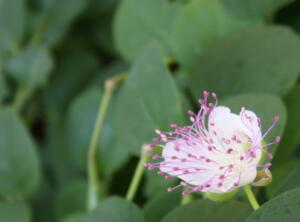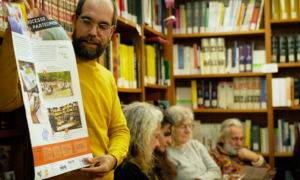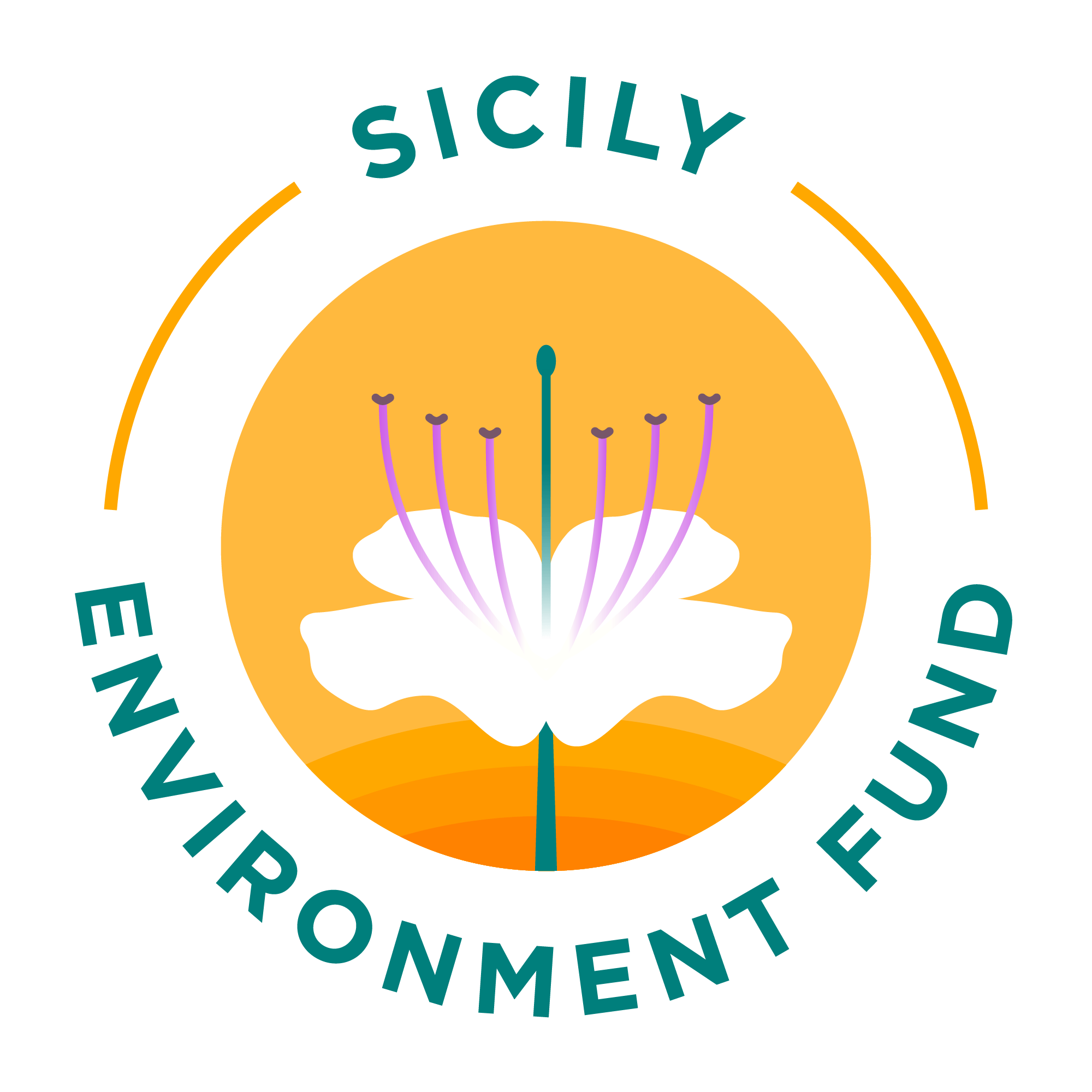Project duration: April 2024 – January 2025
Wildfires, fire-prone landscapes, and loss of local knowledge on traditional land-use practices are three factors interacting in a vicious cycle in Sicily. Collettivo Rewild Sicily will involve the local community in the municipality of Altofonte, an area heavily impacted by fire in 2023, in the development of a land management tool to tackle wildfire through sustainable land-use and traditional agro-pastoral practices. Participatory approaches will be adopted for territorial planning and management measures identification, setting the foundations for policy tools. Specific measures to prevent wildfires will be implemented on private and public domain. This project will provide a pilot case to be replicated across the region.
The project is teamed up with the Department of Agricultural, Food, and Forest Sciences of the University of Palermo, Sicily Environment Fund and Pro Loco Alfofonte.
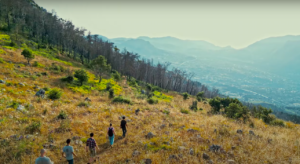
*JUNE 2024 UPDATE*
Collettivo Rewild Sicily hosted the first round table of a series of facilitated events aiming to co-create a territorial management plan together with the local community of Altofonte.
We were hosted by ProLoco Altofonte under the walnut tree’s shade of Mulino di Sotto where the we introduced the general project outlines, shed light on the tool of ‘piano territoriale agro-silvo-pastorale’, and had a look at the map and details of the main two wildfires 2020 and 2023.
Next step: crowdsourcing of past, present and future land use! Thanks to all the wonderful partners and allies in this adventure!
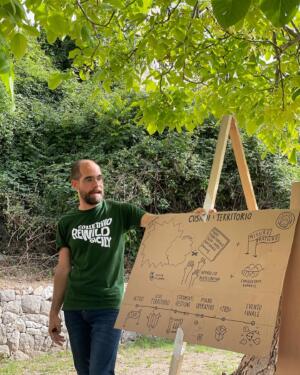
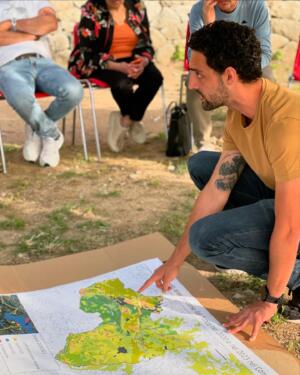
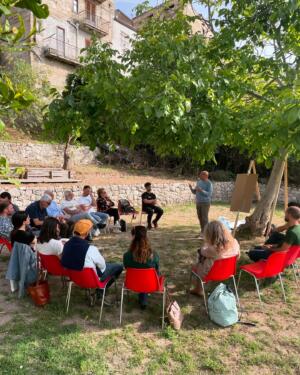
**JULY 2024 UPDATE**
2nd round table for territorial planning and wildfire prevention!
Hosted by ProLocoAltofonte we took a deep dive into local knowledge on past, present and future mapping of the territory of Altofonte with the involvement of the department SAAF of the University of Palermo and with the participation from Eleonora and Philipp from Gestione Olistica Italia.
Uniting the vast knowledge of local inhabitants, volunteers of the Civil Protection, and the mayor of Comune di Altofonte Angela De Luca, Collettivo Rewild Sicily collected essential information for a sound territorial plan which is deeply rooted in the local community.
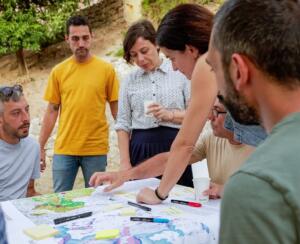
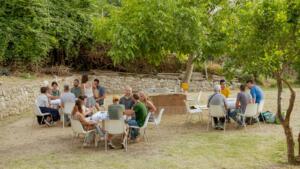
Through the use of a corer, an instrument capable of extracting an about half centimeter wide sample of wood from a tree trunk, it is possible not only to determine its age, but also to obtain many more informations on all the events that involved the tree throughout his life, revealing for example whether he was ever hit by fire or whether he faced critical climatic conditions.
These analyses, together with other study tools typical of forestry sciences, have provided valuable informations to enhance our territorial planning work for Altofonte.
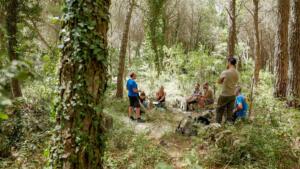
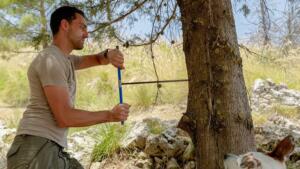
***AUGUST 2024 UPDATE***
Our friends from Alive invited Collettivo Rewild Sicily to experiment with a ‘green fire break.’ Together with other permaculture enthusiasts and neighbours we planted a strip of mainly succulents which in case of fire can slow down the intensity of the flames without sacrificing land for a traditional fire break – leaving soil completely barren.
For this community action two projects united forces: “PermaChé?” run by Alive aims to introduce a wider public to the principles of permaculture with the support of Unione buddhista italiana and Centro Munigyana partnering up with H.r.y.o Seminerifarm and our project “Common Grounds” piloting community-led land management and planning.
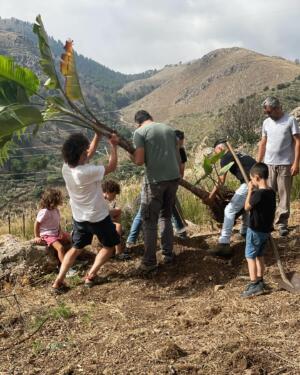
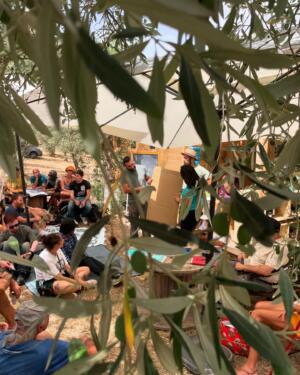
****NOVEMBER 2024 UPDATE****
Collettivo Rewild Sicily organized a nature hike in the Monte Pellegrino Nature Reserve, guided by Giovanni Provinzano of the Rangers of Italy, Sicily Section, Professor Donato Salvatore La Mela Veca, and Giovanni Olivieri. The goal was to explore how a forest can regenerate after a fire and transform into a habitat rich in biodiversity for flora, fauna, and local communities, thanks to responsible and targeted forest management.
The project at Monte Pellegrino serves as an excellent example of how a forestry plan rooted in local knowledge, scientific research, and adherence to regulations can foster regeneration and sustainability of the land.
Credits: Mathia Coco
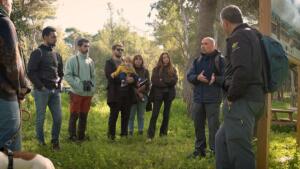
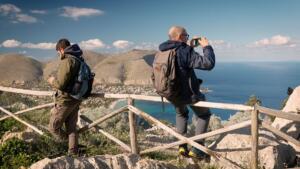
*****FEBRUARY 2025 UPDATE*****
The territorial planning guidelines developed with and for the community of Altofonte for wildfire prevention, have been presented, as part of the project ‘Custodi e territorio,’ carried out by the Collettivo Rewild Sicily, promoted and supported by the Sicily Environment Fund, in collaboration with the Department of Agricultural, Food, and Forest Sciences at the University of Palermo, Pro Loco Altofonte APS, and Comitato Cittadino Moarda Viva Verde e Sicura.
The project results, presented to the community and local and regional institutions, represent an important foundation for the development and adoption of concrete policy tools and a pilot case that can be replicated in other areas of the regional territory to address the issues and risks related to wildfires in an integrated and participatory manner.
